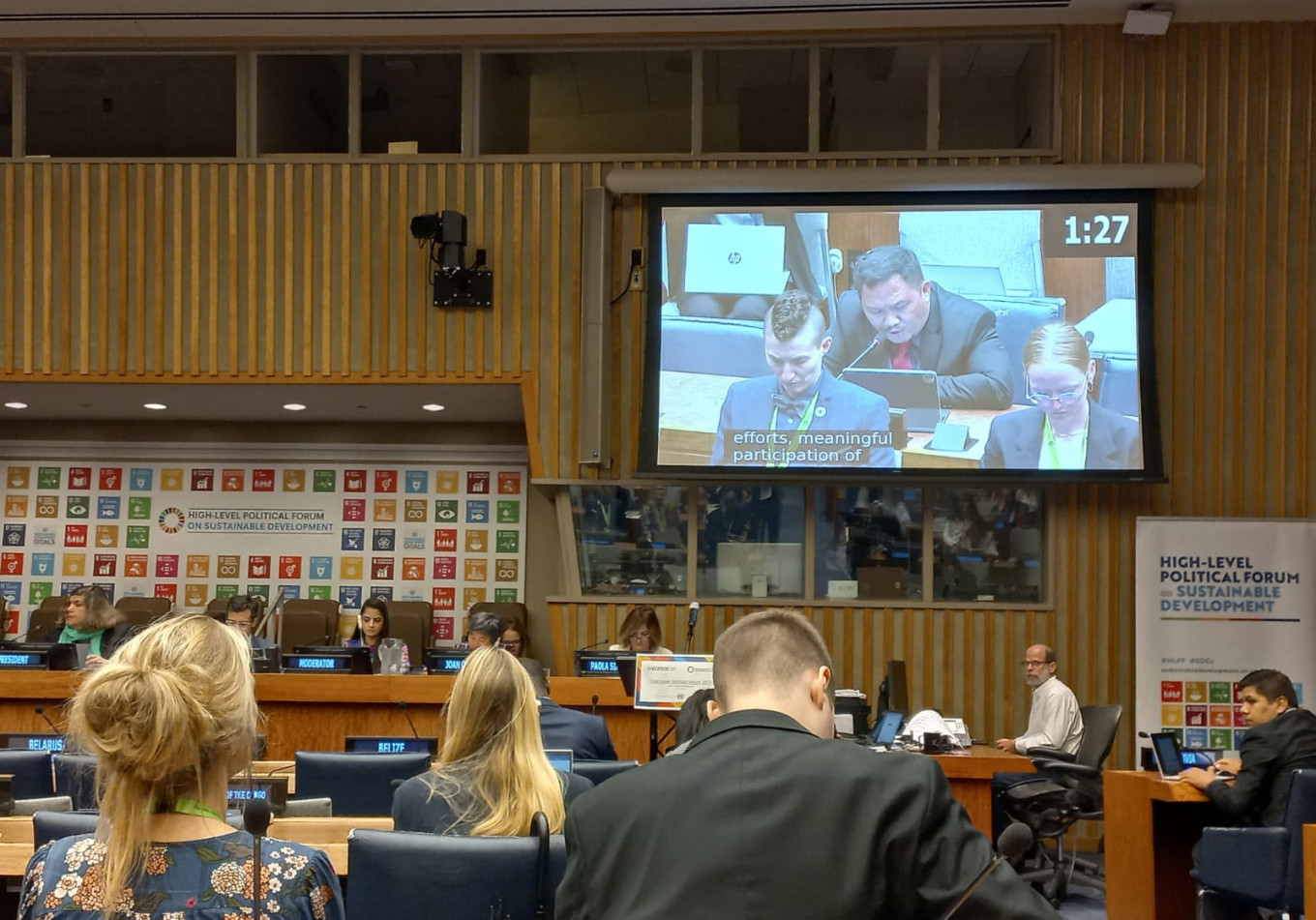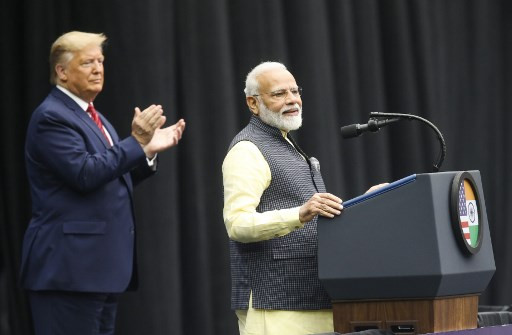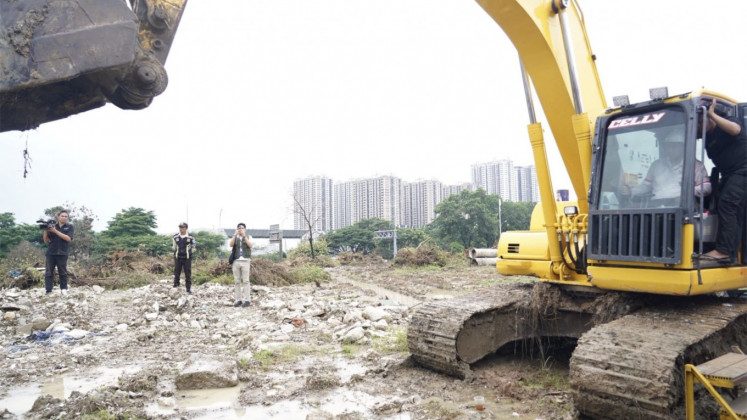Popular Reads
Top Results
Can't find what you're looking for?
View all search resultsPopular Reads
Top Results
Can't find what you're looking for?
View all search resultsPost-pandemic multi-stakeholder collaboration strengthens Indonesia toward 2030 SDGs
Change text size
Gift Premium Articles
to Anyone
A
s the COVID-19 pandemic subsides, Indonesia has seen stronger participation and cooperation between stakeholders, including state actors, NGOs, the private sector and various other parties, as they become united in their efforts toward recovery.
Ivanovich Agusta, head of the Villages, Disadvantaged Regions and Transmigration Ministry’s Development and Information Agency, conveyed Indonesia's message of commitment and unity at the “Perspectives from major groups and other stakeholders at the mid-point of the SDGs: Toward inclusive transformation” during the High-Level Political Forum on Sustainable Development (HLPF) 2023, which runs from July 10 to 20 at the United Nations headquarters in New York, the United States.
At the meeting, which was held on July 14 and attended by delegates from 196 countries, Indonesia presented an exhibition of its progress in achieving the sustainable development goals (SDG) from the national to the village levels, in addition to a seminar titled “Driving Changes at the Local Level: Innovative Approaches to Localize the SDGs”.
Indonesia’s development planning has internalized the SDGs’ inclusivity principle. As various global crises boost the involvement of non-state parties, they too are prompting other stakeholders to direct their efforts toward more inclusive, resilient and sustainable recovery.
"Indonesia has exceptional experience in collaborative efforts toward meaningful participation from actors outside the state to overcome crises," Ivanovich said.
Indonesia is implementing its SDGs through inclusive and courageous transformative policies and initiatives. Nongovernmental actors are actively involved in every stage of the policymaking process, from formulating an action plan to implementing, monitoring, reporting and evaluating them.
This synergy is possible because actors outside the state have become part of the SDGs National Coordinating Team. Synergy at the regional level has also been strengthened through the Provincial and District/Municipal Coordinating Teams.
Jakarta and Bali are exemplar models of cooperation between the government and non-state actors during the COVID-19 pandemic.
In Jakarta, the central government created multi-sector cooperation through networking with hospitals and laboratories on polymerase chain reaction (PCR) tests, while the city administration developed a digital platform to facilitate food donations among residential communities. Meanwhile, donors and digital finance companies helped meet the needs of small and medium enterprises (SMEs). This model was then replicated widely in the majority of provinces and cities in Indonesia.
In Bali, the local administration used a cultural approach, involving respected figures and community leaders to encourage public compliance with the COVID-19 health protocols and large-scale social restrictions. This approach succeeded in minimizing the number of local daily transmissions.
Input from non-state actors was gathered through public consultations while formulating various government strategic policies. Recently, all stakeholders considered public input in preparing the 2025-2045 National Long-Term Development Plan.
To recognize the contributions of non-state actors in implementing the SDGs in Indonesia, the SDGs Action Awards Indonesia was first held in 2022. The awards capture the real actions done by non-state actors, allow youth organizations to present their best practices in implementing the SDGs, as well as highlight numerous untold stories at the grassroots level.
The government has documented these positive contributions in the SDGs National Secretariat dashboard and repository.
"We continue to encourage national and international cooperation toward better and more targeted policies. The global community should work together more closely to find the appropriate solutions to accelerate achievement of the 2030 SDGs,” Ivanovich said.
This article was published in collaboration with Ministry of Village, Development of Disadvantaged Regions and Transmigration










